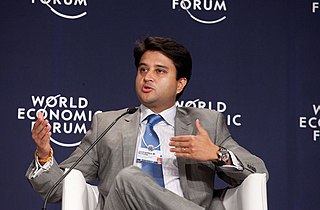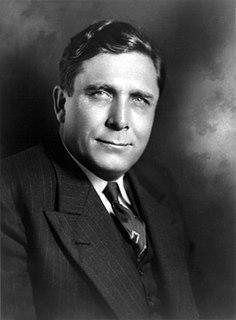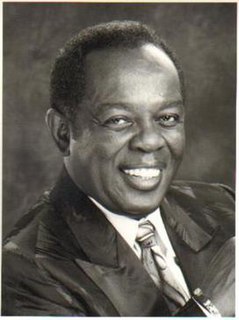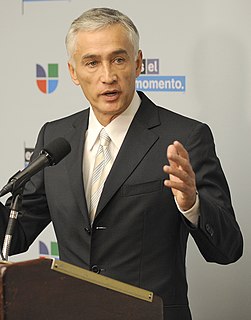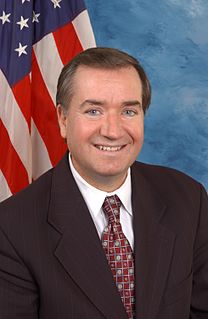A Quote by Howard Zinn
Imperialism is the factor in American policy, not just since 1898, but in fact long before it when we were expanding across this continent and taking away Indian lands in order to enlarge the territory of the United States. We have been an imperial power and an expansionist power for a very long time.
Related Quotes
The United States is the greatest threat to world peace, and has been for a long time, and not merely because it is the world's only superpower. Equally important, the United States is also far more disposed to use its power than any other powerful nation currently is. Though Americans are culturally and emotionally blind to the fact, the mere intrusion of US power is, in and of itself, destabilizing.
The great financial capital is not in one country, it is transnational, that is why it answers to power elites and that is why when I talk about the imperial power of United States I am in no way referring to the American people, who are a noble people that have always been moved by humane concerns.
Not only the financial power, but also the legal power, has remained seated in Britain. The Washington Post commented on June 18, 1983 that after the American Revolution, all the old laws remained in effect in the new United States: Some of these laws of "English common law" dated back to 1278, long before America was discovered.
We often forget that Iran has a long tradition and history with the United States. Iranians have been coming to the United States as students for decades. American businessmen were in Iran developing the oil fields. ...There was an American financial advisor to the Iranian government in the early part of the century.
I have long been in favor of a balanced budget restriction at the level of the federal government of the United States. Because the federal government has money-creating powers it can, in fact, be very damaging if it runs a series of budget deficits. With the state government in the United States, they don't have money-creating powers. The automatic discipline imposed by the fact that they are in a common monetary unit and don't have control over the money power means that the balanced budget restriction is less needed.
We know what our policy is regarding the territory of Israel, Kosovo, Bosnia, Macedonia and even Nagorno-Karabakh. What is our policy regarding the territory of the United States? No nation in history has ever been as willing to accommodate those who would dismember it as has the United States of America. Trying to get a straight pro-U. S. comment out of a U.S. elected official is like trying to nail a custard pie to the side of a barn.
The Italian journalist Oriana Fallaci used to say that for her, an interview was like a war. I get the sense that we've forgotten that here in the United States. You turn on the TV, and you see very bland interviews. Journalists in the United States are very cozy with power, very close to those in power.
By the end of the 1960s, the United States owned more than half of the Indian rupee money supply, and that had been acquired through food aid. So I think it's very interesting to see the very long history of how sovereignty and food go together. When some countries remove another country's ability to feed itself, it is a very powerful tool. Imperialist countries, like the United Kingdom, like the United States, have used it for centuries.


